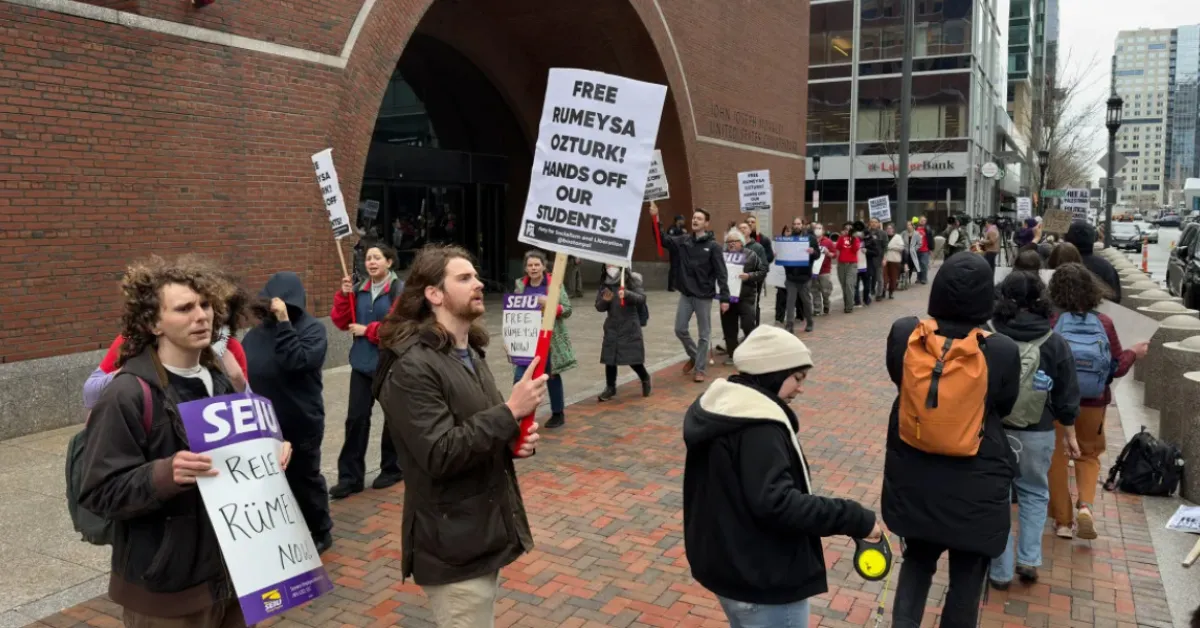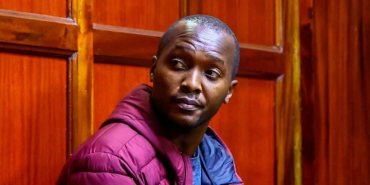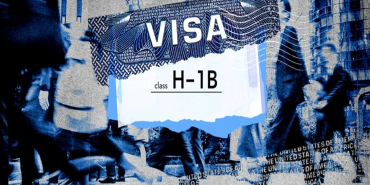International Students Ordered to 'Self-Deport' Following US Visa Revocation Notices

In recent years, the United States has witnessed a notable shift in its approach to international student visas, raising significant concerns about the balance between national security and academic openness.
The escalating number of visa revocations, particularly under the Trump administration, has created an environment of uncertainty and fear for international students and academic institutions alike. The US visa system includes several categories tailored to non-immigrant students. The F-1 visa, the most prevalent, is designed for individuals pursuing academic studies at institutions ranging from high schools to universities. The M-1 visa caters to those enrolled in vocational programs, while the J-1 visa serves a broader purpose, incorporating academic study with a cultural exchange component.
Educational institutions authorised to admit students under F-1 and M-1 visas must be certified by the Department of Homeland Security's Immigration and Customs Enforcement (ICE) through the Student and Exchange Visitor Program (SEVP). The J-1 visa is typically used by professors, researchers, and students participating in exchange programs approved by the State Department. The power to revoke visas rests primarily with the State Department, which can cite reasons such as legal violations, misrepresentation on applications, or perceived adverse foreign policy implications.
Under Secretary of State Marco Rubio, the Trump administration significantly expanded the use of this authority, terminating hundreds of visas based on potential foreign policy consequences. This approach has effectively established a two-tiered process: the State Department revokes the visa, and ICE subsequently enforces immediate departure or detention. The repercussions of these policies have been profound. One notable case involves a doctoral candidate at Tufts University who was detained by federal agents shortly after her F-1 visa was revoked.
The candidate was not informed of the revocation before her arrest, highlighting the lack of transparency in visa revocation procedures. Her case is now the subject of legal challenges. Similarly, pro-Palestinian activists Mahmoud Khalil and Mohsen Madawi, both affiliated with Columbia University, have faced deportation orders following the revocation of their permanent resident status. Universities have also felt the impact of these policies. Often, they learn of visa revocations through routine checks of the SEVIS database, rather than through formal notifications. This lack of transparency complicates efforts to support affected students and maintain compliance with federal regulations.
For example, Harvard University has faced threats of decertification from SEVP unless it provided detailed disciplinary records on international students—a demand widely viewed as an attempt to align elite institutions with the administration's political ideology. Decertification would prevent Harvard from accepting F-1 visa students, forcing existing students to seek transfers to other certified institutions. The number of student visas issued has declined in recent years. After peaking at nearly one million in 2015, approvals for F-1 visas dropped significantly, exacerbated by COVID-19 travel restrictions and processing suspensions.
While numbers have rebounded, they remain below pre-pandemic levels. According to the Institute of International Education, the "social and political environment" in the US is a significant factor in declining international student enrollment. Many students report feeling unwelcome, a sentiment that stands in contrast to earlier statements by Trump advocating for foreign graduates to remain in the country. This shift represents a stark departure from earlier positions.
In 2015, Trump tweeted his support for international students staying in the US after graduation. However, his administration later cancelled over 1,000 scholars' visas, signalling a significant change in policy.














Add new comment